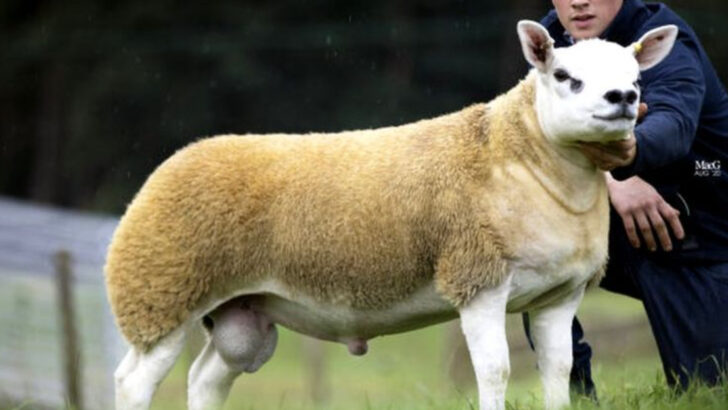The Texel sheep, a breed hailing from the Netherlands, has taken the agricultural world by storm.
Known for their remarkable meat quality and unique wool, these sheep have become the cornerstone of many farmers’ fortunes. In this blog, we’ll explore ten fascinating aspects of the Texel breed that make them stand out.
From their history to their economic impact, each fact unveils a layer of intrigue surrounding these extraordinary animals. Journey with us as we uncover what makes the Texel sheep a genuine game-changer in modern farming.
The Origins of Texel
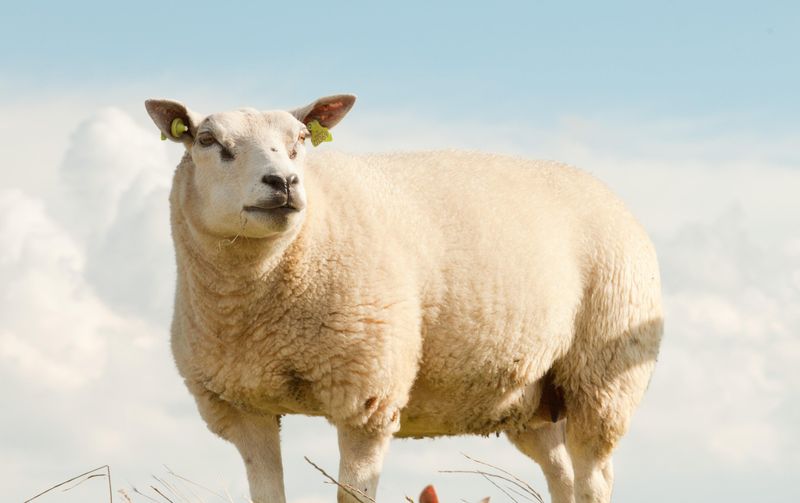
Originating from the island of Texel in the Netherlands, the Texel sheep have a rich history dating back to the early 19th century.
The island’s unique climate and landscape contributed to the development of this robust breed. Farmers initially sought sheep with superior meat quality, leading to the selective breeding that resulted in the Texel we know today.
Their journey from a secluded island to international fame is a testament to their exceptional characteristics. This breed’s adaptability and resilience have made them a favorite among sheep farmers worldwide.
Exceptional Meat Quality
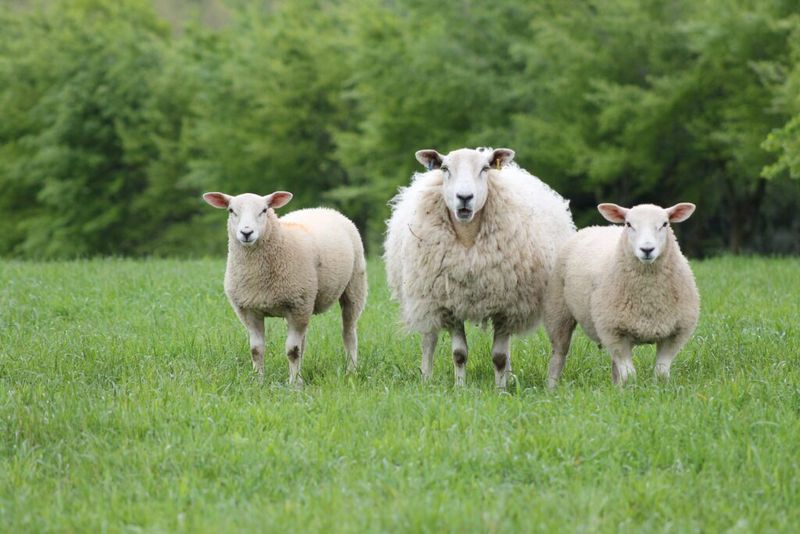
Texel sheep are renowned for their high-quality meat, characterized by its low fat content and fine texture. This has made Texel lamb a sought-after delicacy in gourmet circles.
The breed’s muscle density contributes to leaner cuts, appealing to health-conscious consumers. Furthermore, their meat’s tenderness and flavor profile set them apart, often leading to higher market prices.
The preference for Texel lamb in the culinary world is a significant factor in the breed’s economic impact. Its reputation as a premium product continues to grow across global markets.
Distinctive Wool Characteristics
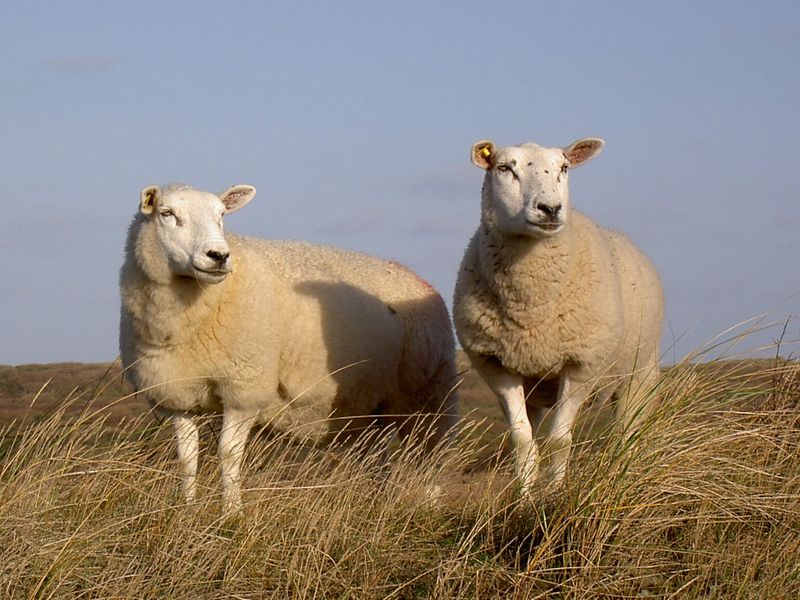
While Texels are primarily raised for meat, their wool also holds unique qualities. The fleece is dense, providing excellent insulation, which is beneficial for cold climates.
It’s known for its softness and durability, making it a preferred choice for high-quality textiles. Sheep farmers find the wool easy to shear, contributing to lower labor costs.
Although not the main source of income, the supplementary earnings from wool sales add value to the Texel breed. Its versatility in textile production is another reason farmers favor this extraordinary breed.
High Reproduction Rate
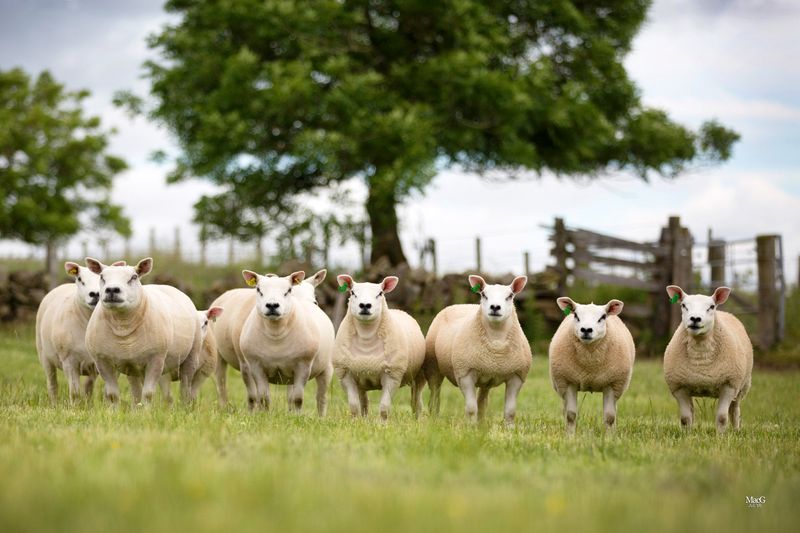
Texel sheep have a notably high reproductive rate, often birthing twins or triplets. This trait ensures a steady increase in flock size, enhancing production capacity.
The breed’s maternal instincts are strong, with ewes demonstrating excellent care for their offspring. This high fertility rate, coupled with their nurturing nature, contributes to their popularity among sheep farmers.
It allows for efficient herd expansion, boosting the farm’s profitability over time. The ability to produce multiple healthy lambs per birthing cycle is a key economic advantage.
Adaptability to Various Climates
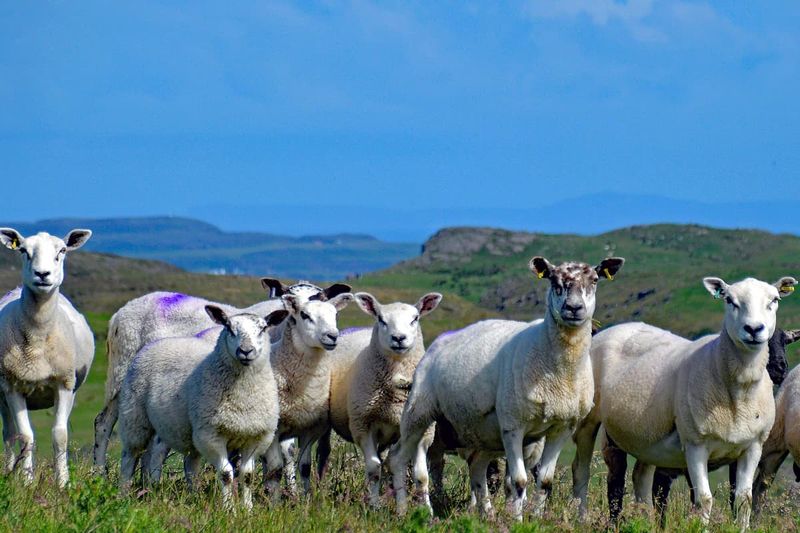
One of the Texel sheep’s standout traits is its adaptability to diverse climates. Whether in the cold, windy regions or the warm, sunny fields, these sheep thrive remarkably well.
Their resilience in varied environmental conditions allows farmers from different geographical areas to raise them successfully. This adaptability reduces the need for specialized housing or care, lowering overall farming costs.
The breed’s versatility is a major selling point, attracting farmers looking for reliable livestock that performs well under different conditions.
Economic Impact on Farmers
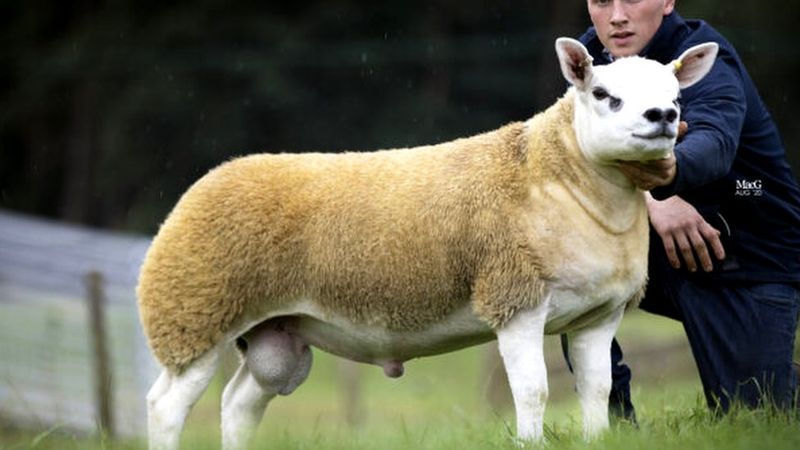
The Texel sheep has significantly impacted farmers’ earnings worldwide. Their meat’s premium quality fetches higher market prices, while their wool, albeit secondary, adds another income stream.
The breed’s reproductive efficiency and adaptability further enhance farm profitability. Many farmers have seen substantial financial growth by incorporating Texel sheep into their operations.
This economic boon has transformed small-scale farming ventures into lucrative enterprises, underscoring the breed’s role in creating millionaire farmers. The Texel sheep’s economic influence is truly profound.
The Texel’s Unique Genetic Traits
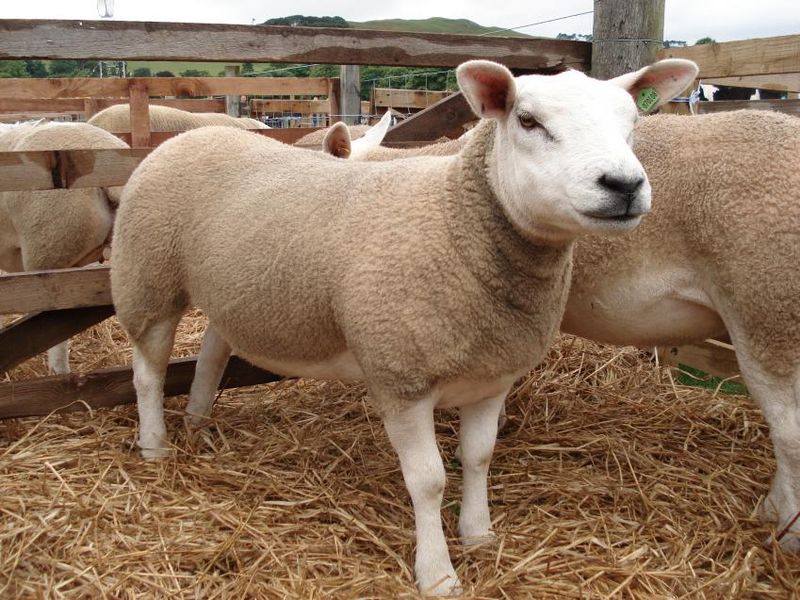
The genetic makeup of the Texel sheep is a key factor in its success. Selective breeding has enhanced its muscle growth, resulting in meat that’s both lean and flavorful.
Researchers have studied these genetic traits to understand their benefits, aiming to replicate similar success in other breeds. The Texel’s unique genetic profile not only contributes to its extraordinary meat quality but also its rapid adaptation to various environments.
This genetic diversity is a cornerstone of the breed’s enduring appeal and success in the agricultural domain.
International Popularity and Expansion
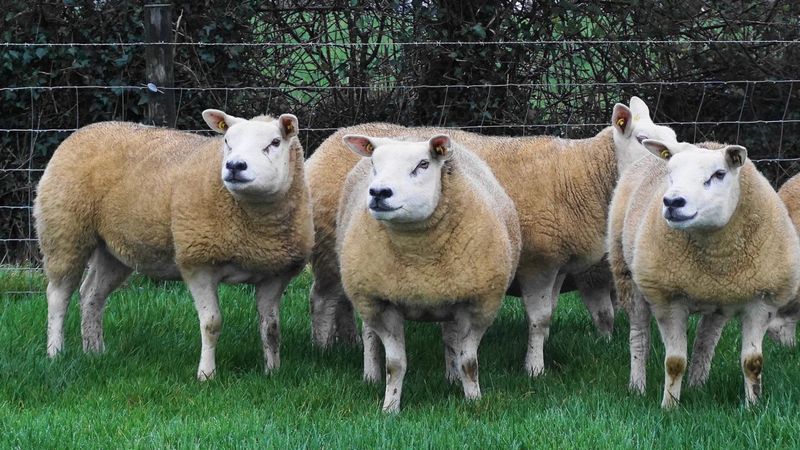
From their origins in the Netherlands, Texel sheep have spread across the globe, becoming a favored breed in countries like the USA, Australia, and New Zealand.
Their international popularity stems from their superior meat and wool qualities, coupled with their adaptability. Sheep farmers worldwide have adopted Texels for their proven economic benefits. This global expansion has solidified the Texel’s reputation as a leading sheep breed.
Their widespread adoption highlights the universal appeal and effectiveness of Texels in diverse farming practices.
Texel Sheep Competitions
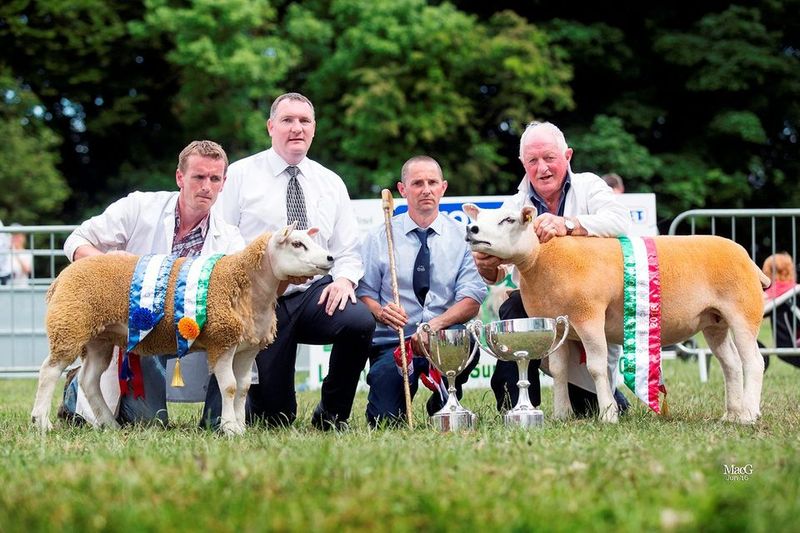
Texel sheep are often featured in livestock competitions due to their excellent conformation and appearance. These competitions showcase the breed’s superior traits and provide a platform for farmers to demonstrate their finest specimens.
Winning such contests can enhance a farm’s reputation and increase the value of their stock. The competitive nature of these events encourages farmers to maintain high breeding standards.
Participation in these competitions underscores the Texel’s prestigious status in the livestock community, further elevating the breed’s acclaim.
Sustainability Practices with Texel
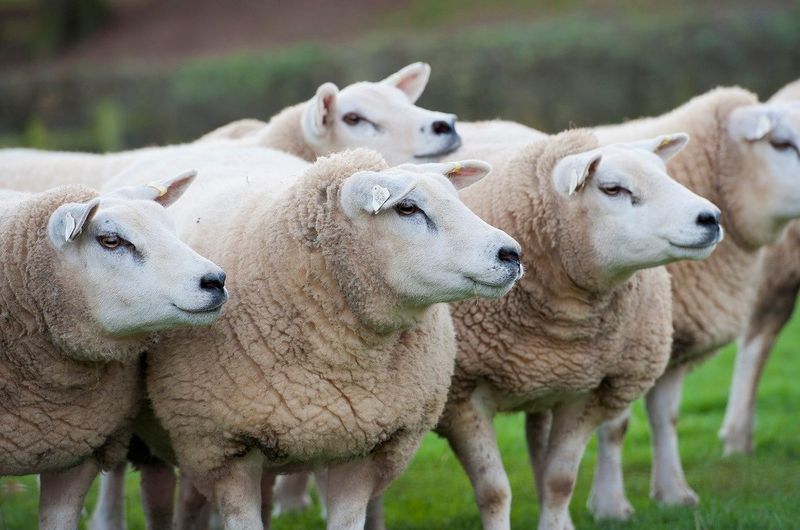
Sustainability is a key consideration for modern farmers, and Texel sheep fit well into eco-friendly farming practices.
Their efficient grazing patterns help maintain pasture health, reducing the need for artificial fertilizers. Moreover, their wool production offers a renewable resource, aligning with sustainable agricultural goals.
Farmers benefit from incorporating Texels into rotational grazing systems, enhancing soil fertility and biodiversity. The breed’s role in sustainable farming exemplifies its environmental and economic value, making it a preferred choice for conscientious farmers looking to the future.

